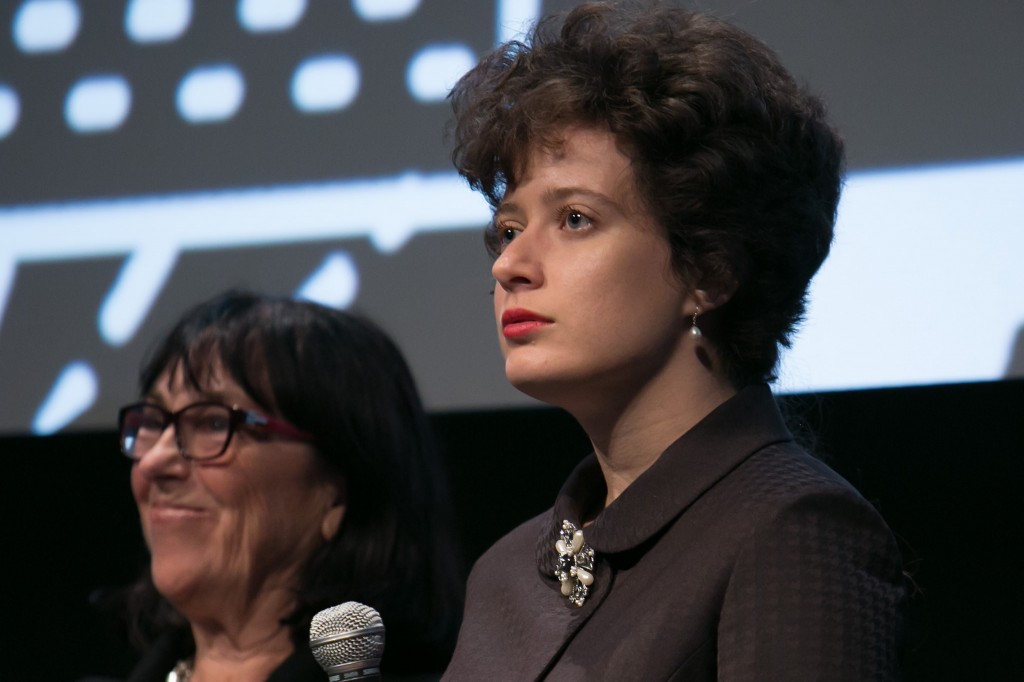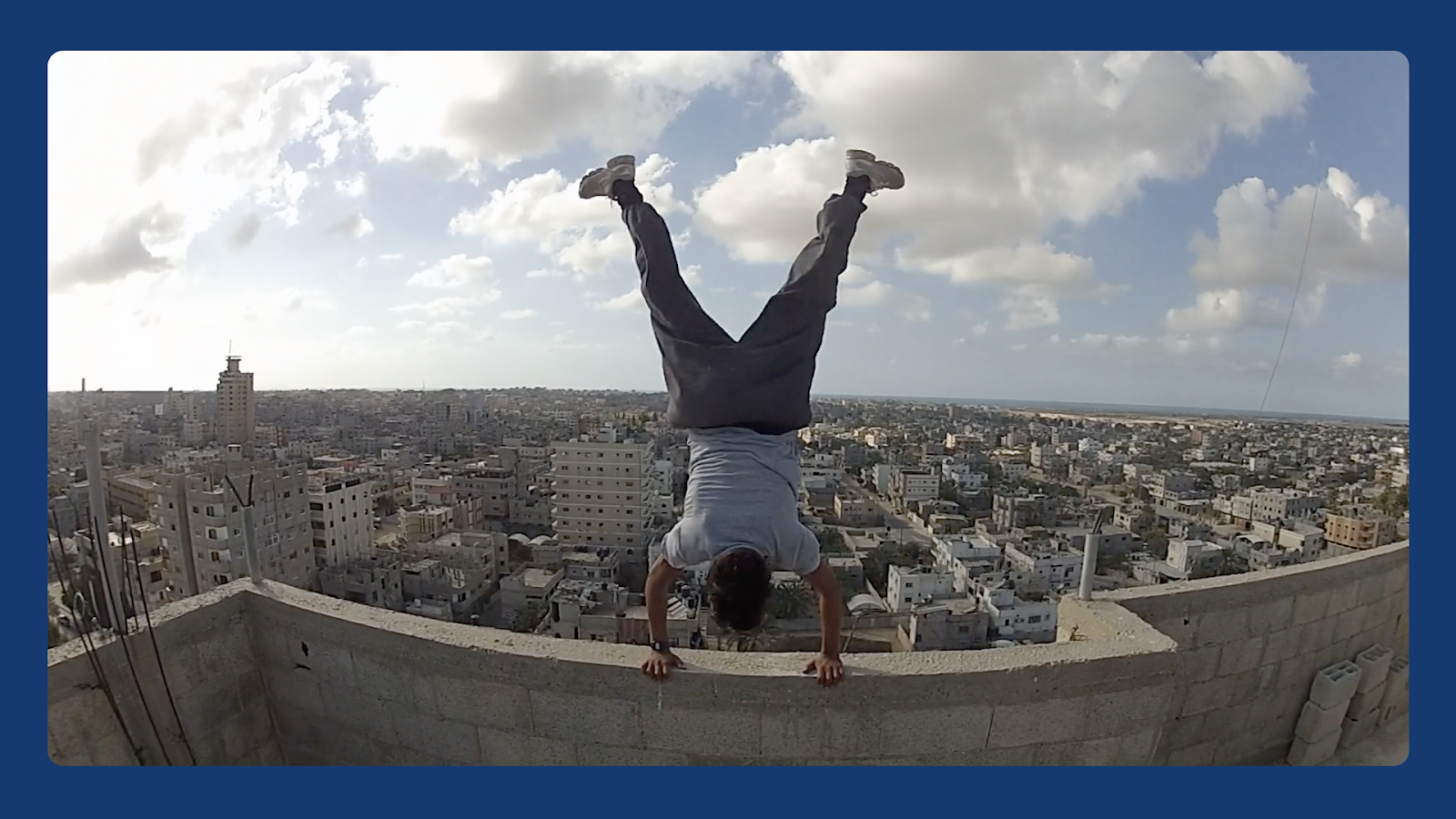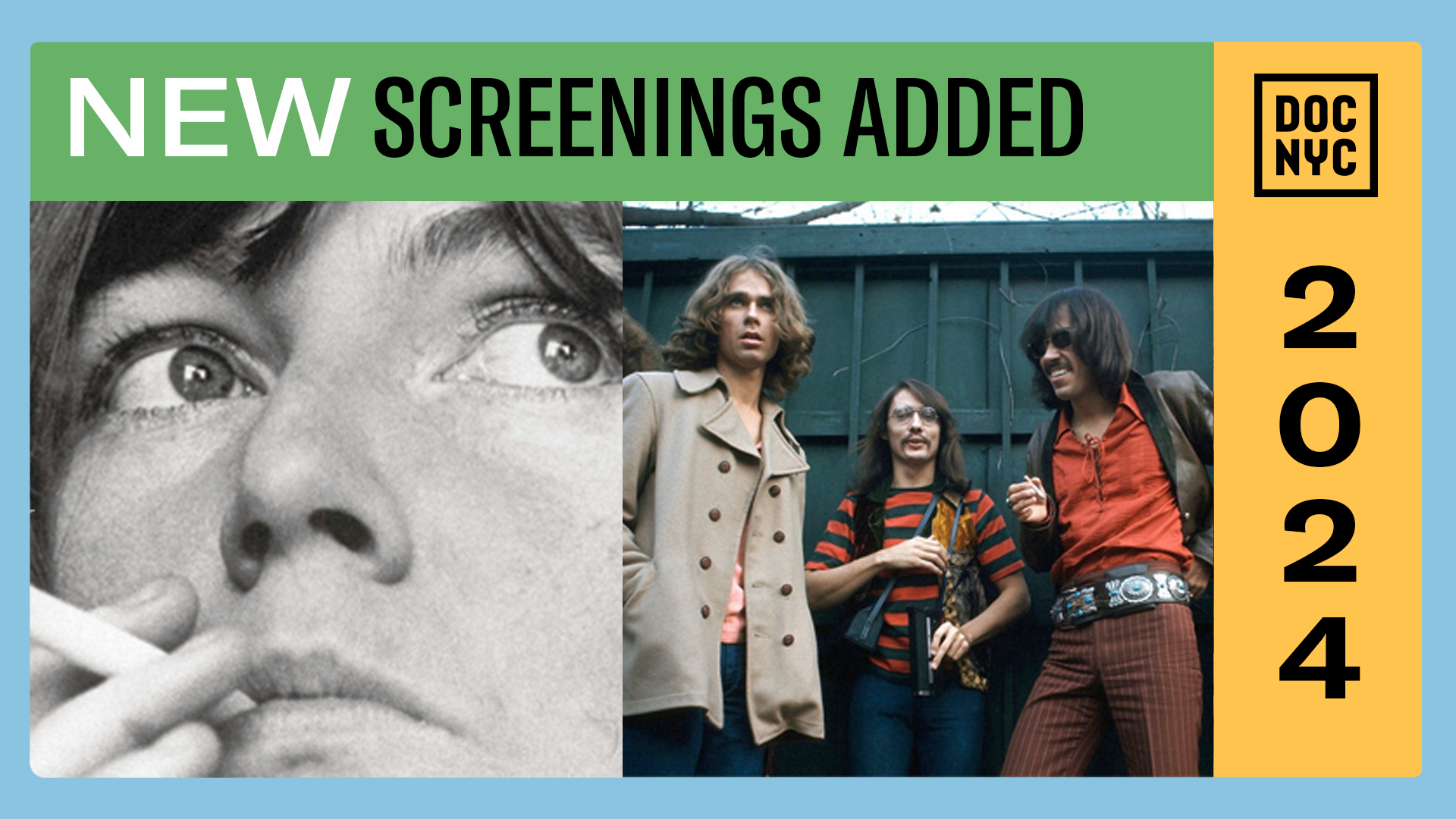Using Music and Memories to Conquer Fear and Pain


Written by Laura Dattaro
Early on in When People Die They Sing Songs, director and first-time filmmaker Olga Lvoff asks Sonia Gluckman to expand upon the difficulties of her European ancestry. In response, she gets a curt “No.”
But by the end of the film, not only has Sonia showed Lvoff the details of her family’s past, she’s also uncovered more pieces she didn’t know, written them down, and read them aloud to her mother, 93-year-old Regina Gluckman, a formidable woman who dedicated herself to protecting her only child from the realities of the war she faced as a Jewish person in 1940s Europe.
After Regina suffered a partial stroke, she showed signs of dementia; doctors recommended Sonia put her in hospice care to live out the last six months of her life. Instead, Sonia moves in, and her mother fully recovers – “I just didn’t wanna die,” Regina says matter-of-factly, showing her strong and bitingly funny character that carries throughout the film.
At a Sunday afternoon showing, the film’s North American premiere, that character elicited both laughs and tears from the audience members who watched Sonia dig through photo albums and listen to Regina’s stories to piece together the history of family members she never met. Shortly after Regina married Sonia’s father, Germany invaded Belgium, forcing Regina to flee the country. Regina and her husband made it to Morocco, while her parents and young brother were sent to perish at Auschwitz. “Dying is not really the worst thing that can happen to a person,” Regina says, blowing out the candles on her 93rd birthday cake.
Lvoff found Regina and Sonia after contacting a palliative care center that provided music therapy to elderly patients. Though she shot footage with three other families, she ultimately decided to tell the story of just this one. A music therapy coach regularly visits Regina with a guitar, sharing songs in Yiddish and French that help Sonia understand an ancestry that seems to be ending with her mother. “Lvoff became a part of our family,” Sonia said in a discussion after the film. “What stands out to me is what a character and wonderful human being my mother is. I’m so grateful to have that, that I’ll always have that.”
A New York Times article about music therapy for hospice patients first sparked Lvoff’s interest in the subject, but her need to tell such a story ultimately runs deeper than that. “I had a very, very intense fear of death,” Lvoff, who graduated from the School of Visual Arts in 2013, said during the discussion. “I wanted to answer a lot of questions to myself and really see how people take it. It gave me so much wisdom that I carry with me and it heals the fear, I think.”
There are a few moments in the film when death creeps in – when Regina has memory lapses, when she can’t work the phone to call Sonia as darkness sets outside, when Sonia tells Regina that she’ll be alright on her own if it’s getting too hard to stay in this world. But Regina, Sonia said, is doing well – she celebrated her 95th birthday on Halloween, years after doctors told her it was time to go.
For more about When People Die They Sing Songs, visit the film page on the DOC NYC website.
Laura Dattaro is a freelance reporter in New York City focusing on science and the environment. Follow her on Twitter @ldattaro


